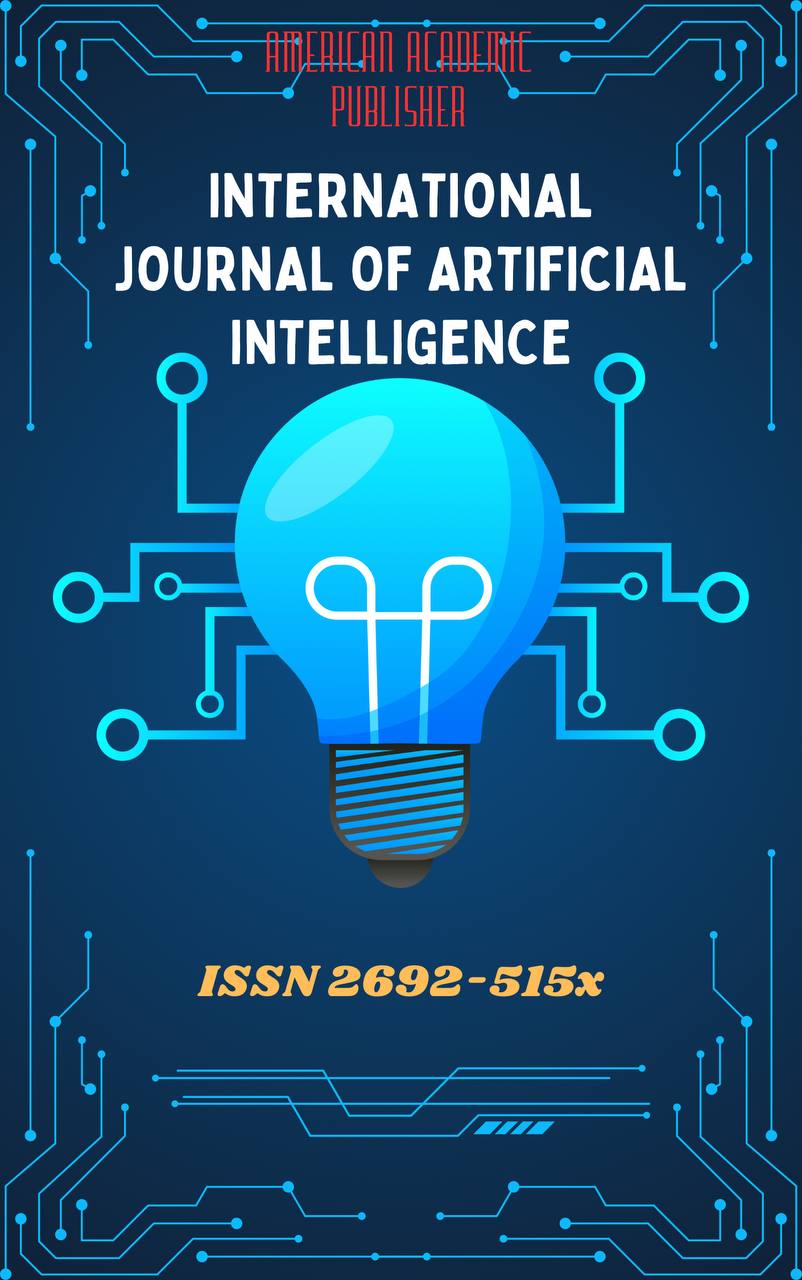 Articles
| Open Access |
Articles
| Open Access | THE IMPORTANCE OF INFORMATION AND COMMUNICATION TECHNOLOGY (ICT) IN INDEPENDENT LEARNING AND METHODS FOR EFFECTIVE UTILIZATION
Musaeva Zebokhon Muzaffarovna , UzSWLU, Senior Lecturer at the department of English language teaching methodologyAbstract
In the era of digital transformation, Information and Communication Technology (ICT) has become a critical catalyst for promoting autonomous learning. ICT tools provide learners with access to diverse educational resources, platforms, and collaborative environments, fostering critical thinking, creativity, and self-directed inquiry. This paper explores the pivotal role ICT plays in enhancing independent learning by reviewing its applications in various educational contexts. Moreover, the study outlines practical methods for effective integration of ICT, such as personalized learning systems, online course management tools, and interactive multimedia resources. The research highlights that when used strategically, ICT not only motivates learners but also cultivates lifelong learning habits.
Keywords
Independent learning, ICT tools, digital education, personalized learning, online resources, self-directed learning, educational technology, interactive platforms, student autonomy, lifelong learning.
References
Anderson, T., & Dron, J. (2014). Teaching crowds: Learning and social media. Athabasca University Press.
Bates, A. W. (2019). Teaching in a digital age: Guidelines for designing teaching and learning. Tony Bates Associates Ltd.
Boelens, R., De Wever, B., & Voet, M. (2017). Four key challenges to the design of blended learning: A systematic literature review. Educational Research Review, 22, 1–18. https://doi.org/10.1016/j.edurev.2017.06.001
Garrison, D. R., & Vaughan, N. D. (2016). Blended learning in higher education: Framework, principles, and guidelines (2nd ed.). Jossey-Bass.
Kintu, M. J., Zhu, C., & Kagambe, E. (2017). Blended learning effectiveness: The relationship between student characteristics, design features and outcomes. International Journal of Educational Technology in Higher Education, 14(1), 1–20. https://doi.org/10.1186/s41239-017-0043-4
Lai, K.-W. (2015). Knowledge construction in online learning communities: A case study of a doctoral course. Studies in Higher Education, 40(4), 561–579. https://doi.org/10.1080/03075079.2013.831402
Selwyn, N. (2016). Education and technology: Key issues and debates (2nd ed.). Bloomsbury Academic.
Song, D., & Hill, J. R. (2007). A conceptual model for understanding self-directed learning in online environments. Journal of Interactive Online Learning, 6(1), 27–42.
Wang, Y., & Zhan, H. (2020). Enhancing student engagement through effective blended learning practices. Interactive Learning Environments, 28(6), 752–765. https://doi.org/10.1080/10494820.2019.1619596
World Bank. (2020). Remote learning during COVID-19: Lessons from today, principles for tomorrow. World Bank Group. https://documents.worldbank.org
Article Statistics
Downloads
Copyright License

This work is licensed under a Creative Commons Attribution 4.0 International License.

